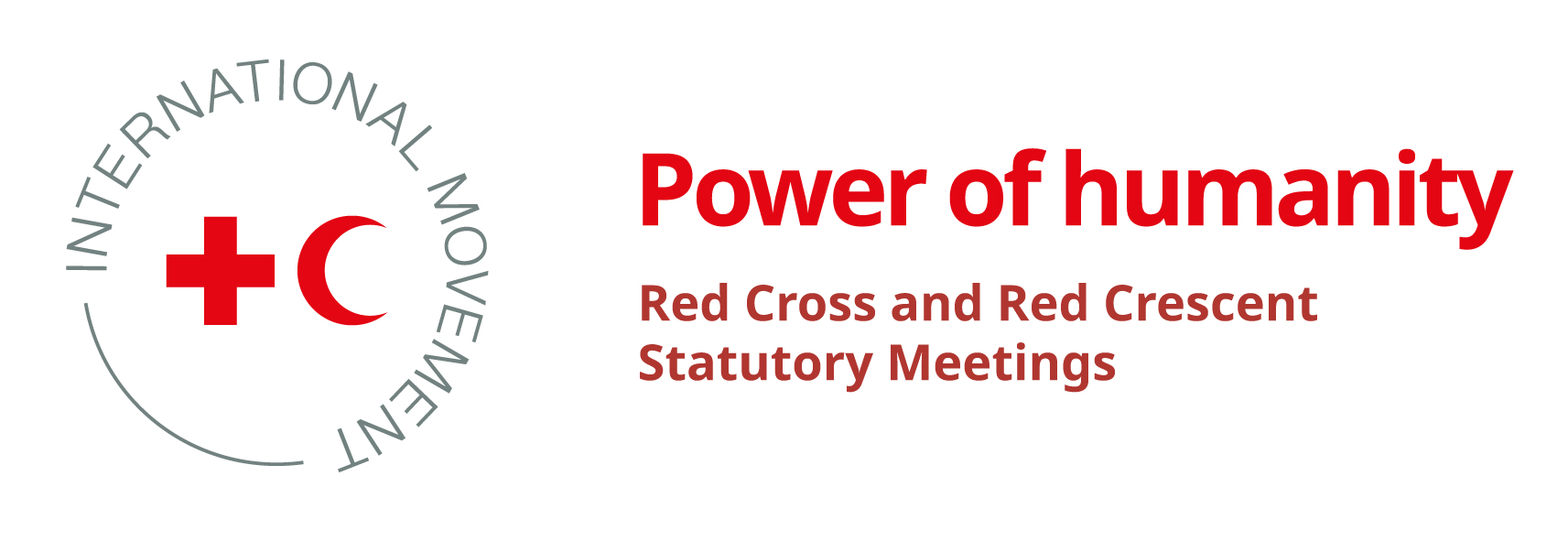Actions taken:
The Canadian Red Cross has implemented the pledge in the following ways:
-
- We encourage the active and meaningful participation of women, girls, boys and men in local emergency preparedness, response and recovery decision-making processes. For example, we engage volunteers and staff in management positions to be trainers as well as participants and incentives such as transportation and the coverage of food costs, and the ability to bring their children with them. A greater participation of women in response is known to reduce the risk of SGBV in disasters.
-
- CRC ensures that our delegates, staff and volunteers in disaster preparedness and response programs are trained to be familiar with referral pathways for survivors of SGBV, and have the resources available to reach out for their own support when they need it.
-
- We ensure our Psycho-Social (PSS) delegates train volunteers to provide affected people with support for dealing with SGBV where possible.
-
- CRC is promoting psycho-social self-care training for our delegates, staff and volunteers who are exposed to working with survivors of SGBV, to process their own trauma etc.
-
- CRC is currently working on the development of a new delegate position on Protection, Gender and Inclusion (PGI). PGI delegates would deploy to specifically support the deployment of our Emergency Response Unit (ERU) to ensure that SGBV cases are better identified and addressed and that all aspects of dignity, access, participation and safety for the affected people we serve s are respected.
-
- CRC participated in the launch of IASC’s Gender Based Violence Guidelines and Training organized the Humanitarian Response Network of Canada in Montreal last January 2016.
-
- We participated in the SGBV workshop held in Beirut, Lebanon in October 2016, with a view of working alongside Movement actors to identify best practices for the prevention and response of SGBV and to support the development of a new Movement SGBV training module.
-
- CRC continues to coordinate with Movement partners at regional SGBV forums including in Africa and the Americas.
-
- We have integrated the Seven Moves (Minimum Standard Commitments on Gender and Diversity) Violence Prevention and Child Protection trainings into our own CRC led trainings for example for our Emergency Management, Operations Managers and Communications training.
-
- We have supported specific protection based programming in various post disaster contexts where we work including Nepal and the Philippines.
-
- CRC alongside IFRC and other Partner National Societies supported the first regional Seven Moves French language training in Abidjan in November 2016. This training included the attendance of CRC delegates in the region alongside National Society staff.
-
- We have mainstreamed into all our proposals and program implementation plans the intention to uphold the ‘do no harm’ principle, strengthened provisions around the Protection from Sexual Exploitation and Abuse (PSEA), inclusion of Codes of Conduct and reference to Violence Prevention and Child Protection training.
Challenges
-
- There remains huge challenges in getting victims of SGBV to come forward and report – as there is still significant stigma around rape and SGBV in general for all groups (women, girls, men and boys). There are some affected people who come forward to report symptoms such as stomach pain, urinary tract infections etc. but do not explicitly mention SGBV. We need to better identify those who need support but also while working to reduce the stigma of coming forward so that assistance can be provided to those who need it. More female staff and volunteers within National Societies may also influence more women feeling safe to disclose SGBV instances.
-
- We have faced the reluctance of some partners to acknowledge the extent of SGBV issues within a context and therefore prioritize this issue as it is still deeply stigmatized in many places. Furthermore, not all partners may believe that preventing and addressing SGBV is part of the Movement or a National Society’s mandate and that this is rather an issue for governments to address. This has been coupled alongside with security concerns and a lack of support for those who do want to work on these issues (both staff and volunteers).
-
- There continues to be a lack of tracking systems (i.e. databases for volunteers, affected people) to understand the extent or map out the problems. There is also a lack of feedback and accountability systems in many contexts where we work.



